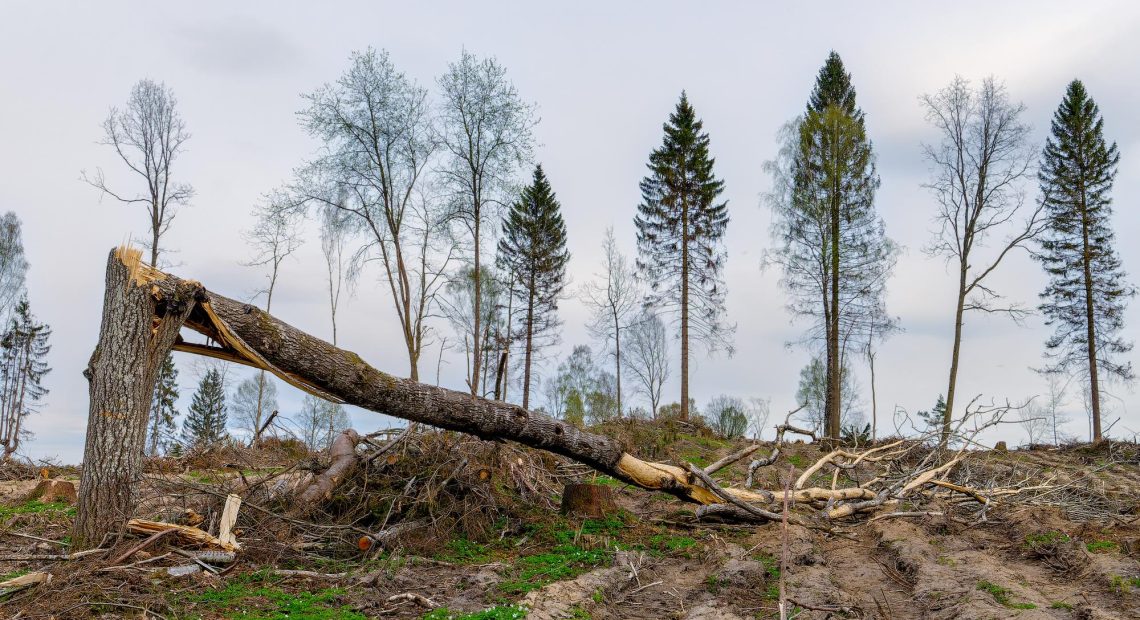
India Records $9.8 Billion in Losses from Natural Disasters
India faced economic losses amounting to $9.8 billion in 2024 due to natural disasters, underlining the significant financial burden posed by climate-related catastrophes. A combination of cyclones, floods, droughts, and heatwaves contributed to the extensive damages, affecting infrastructure, agriculture, and livelihoods.
Natural Disasters in 2024: A Costly Toll
The year saw several severe weather events that disrupted normal life across the country. Cyclones in coastal areas caused massive damage to property, while unseasonal floods in various regions destroyed crops and infrastructure. Drought conditions in some parts of the country exacerbated water scarcity issues, severely impacting agricultural production and rural livelihoods.
“Extreme weather events are becoming increasingly frequent, and their impact on India’s economy is evident,” noted an expert. The financial implications of these disasters highlight the urgent need for better disaster preparedness and climate resilience measures.
Agriculture and Infrastructure Among the Hardest Hit
The agricultural sector bore a significant portion of the losses. Thousands of hectares of crops were damaged, impacting farmers’ incomes and food security. Additionally, infrastructure including roads, bridges, and public utilities suffered extensive destruction, leading to high repair and rebuilding costs.
Urban flooding, particularly in metropolitan cities, further highlighted the vulnerabilities of India’s infrastructure. The economic centers of Mumbai and Chennai experienced significant disruptions due to inadequate drainage systems and unplanned urbanization.
Need for Proactive Climate Action
India’s growing vulnerability to natural disasters calls for a multi-pronged approach to mitigate economic and social losses. Strengthening early warning systems, implementing robust infrastructure planning, and transitioning to sustainable agricultural practices are critical to minimizing future impacts.
The year’s financial toll underscores the importance of investing in climate adaptation measures to safeguard India’s economy and its citizens. Without proactive steps, the frequency and intensity of natural disasters are likely to continue escalating, further straining the nation’s resources.


















